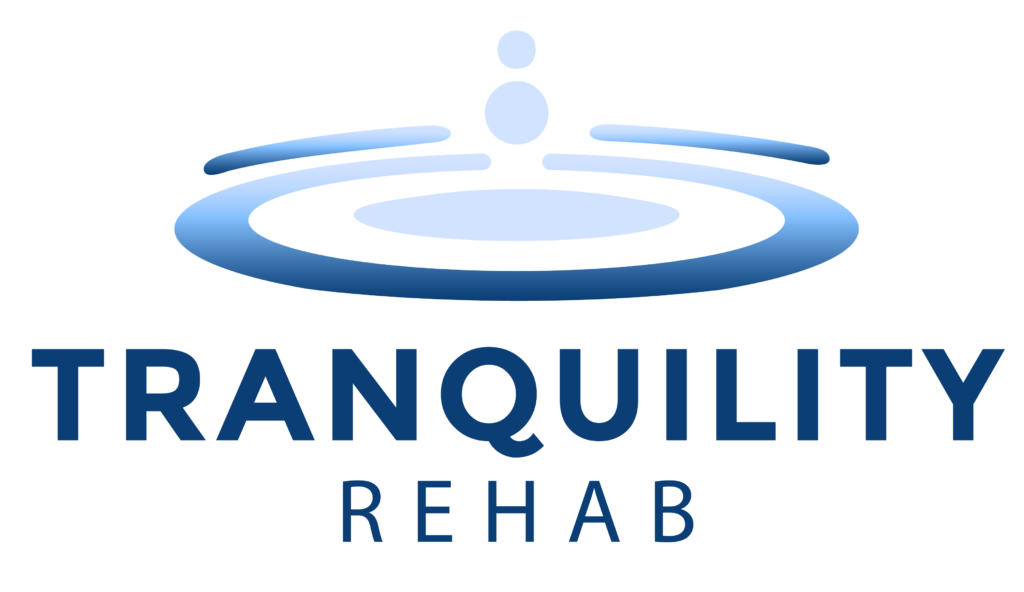People often assume that their problems with substance abuse are solved after they leave a treatment center. It is highly admirable to seek professional assistance for your addiction, but this is not the end of the story. Once you go, you can start doing your real work. It’s challenging to get your life back on track, and almost everyone believes that you can’t do it by yourself.
A partial recovery does not necessarily follow a few weeks of therapy. Addiction recovery is a lifelong endeavor. One of the most useful things you can do for yourself after addiction is to participate in aftercare services. Programs for aftercare offer ongoing direction, assistance, counseling, and a secure setting for personal growth. To maintain the momentum and energy of your recovery, it’s crucial to explore your aftercare choices as soon as you or a loved one leaves a drug rehabilitation facility.
Know The Facts About Aftercare
A transitional program can help you reintegrate into everyday life, regardless of the type of addiction you were struggling with before you attended a recovery facility.
Aftercare has three main aims and advantages:
1. You ought to promote accountability and self-responsibility. You need to start putting more pressure on yourself than you did when you were an addict.
2. Take back control of your money and establish stability. To reintegrate yourself as a valuable member of society, you will require financial independence.
3. The necessity to address and solidify your family bond. One of the most crucial things you’ll need to do while recovering is regain the support of your loved ones. Their assistance is a crucial component of your anticipated accomplishment.
Common Challenges Associated With Recovery
The initial weeks, months, and even years of recovery can be quite difficult. Following rehab, the following are a few of the most frequent problems:
- Learning New Coping Techniques: The significance of learning these techniques cannot be overstated. One of the first things you should do is to educate yourself on new coping mechanisms. Unavoidably, there will be hiccups along the way; be prepared to handle them. Your recovery will be in peril if you aren’t well prepared for the challenging transition from treatment to home. It’s critical to keep in mind that you can get through this with ease.
- Relationship restoration: It can be draining physically and emotionally to rebuild relationships. You’ll have to acknowledge the possibility of harm to the relationships and trust you’ve spent your life building. Taking care of yourself and demonstrating to your loved ones that you are devoted to your recovery and living your best life is the finest thing you can do to address this. Unfortunately, you have to be ready for the possibility that the people in your life might never be willing to forgive and forget.
- Finding Purpose: As an addict, you probably spent most of your days high, intoxicated, or looking for drugs. You’ll need to rediscover your motivation and sense of purpose in life, which is no easy undertaking. Finding new hobbies or activities to pursue in your free time is essential because boredom can be a significant risk factor for relapse. By providing you with a location to go to and people to talk to, counseling and aftercare can assist you in doing this right immediately.
- Improving Character Flaws: Nobody is perfect, and striving for perfection, especially when in recovery, is unhealthy. However, you should make an effort to get better at every stage of your rehabilitation.
Risk Factors For Relapse
Unfortunately, relapse is a very real possibility for all addicts. The fact that your time in recovery is so structured has a lot to do with this. A drug-free atmosphere with continual supervision and no triggers exists in a recovery facility. Although these settings are secure and cozy, they are not long-term realistic. After you leave rehab, everything in your life changes. It is certainly not ideal to frequently return to the setting where your addiction originally started.
Nobody is flawless, so even if you have the best of intentions, you can suddenly find yourself on the verge of relapsing. It’s critical to be aware that these are frequently among the primary reasons for relapse:
Primary Reasons
- Stress. The main factor leading to relapse is stress. Stress is inevitable in life, but it is particularly unavoidable for those who are transitioning out of rehab and into a new lifestyle, set of relationships, and set of priorities. Aftercare services and programs can assist you in acquiring the knowledge and abilities required to manage stress effectively and lower your chance of relapsing.
- Relationships to Addictive Behaviour. There are numerous psychological, societal, and environmental reasons that can cause you to resume abusing drugs. Reentering your previous life after rehab means you may encounter some of your old triggers. It would be best if you stayed away from these settings as much as you can, especially at the beginning of your recovery when you are most susceptible.
- Difficult or unfavorable emotions. Frustration, wrath, loneliness, and anxiety are a few of the frequent emotions mentioned in relapse. Although these emotions are a natural part of life, therapy, and aftercare can teach you how to control or eliminate them.
- Celebrations. Unfortunately, many addicts in recovery are reminded of the substances they used to abuse around these times by parties and other celebrations. Early on in your recovery, avoiding these events could be the wise course of action, but if you do decide to attend, you must be ready to withstand temptations.
- Nearness to a substance. Even the thought of your addiction’s target could throw you into a downward spiral. To protect yourself from falling prey to this, it’s crucial to learn the techniques and skills.
Support In Aftercare
Although having support is not necessary for recovery, it may be a very beneficial and illuminating experience in an aftercare program. Having support during recovery, and particularly in the beginning, has a variety of advantages:
1. You and your support can talk about your experiences.
2. When you both need it most, you can draw strength and hope from one another.
3. You may always turn to your support for a sympathetic ear whenever you need someone who can relate to your situation.
4. Your rehabilitation will be held accountable by support. Your support will confront you if you start to slack off in your recovery efforts or start isolating yourself.
5. Your support will be able to provide you with a wealth of resources, such as meeting suggestions or recovery books, that you will need for your recovery.
6. You may find motivation from your support. Since you’re both in this together, you won’t let the other relapse.
7. Your support and you might develop lifetime friendships.
How to Succeed in Aftercare and Recovery?
Aftercare can be pretty effective and help you get far when followed and handled seriously. However, even if you have access to the best resources and aftercare programs, they will only help you if you are fully committed to your own success and recovery. In order to move on in life, you must be open, honest, and willing to embrace your past. As you complete your aftercare program, you should bear in mind these additional success factors:
- Expect some introspection. Confront your past and your demons head-on might be difficult and painful, but the process is essential. To accomplish this, you might want to consider making a list of your experiences to discuss with your therapist. Ideally, such incidents would also include your open examination of the potential causes of your initial drug use. For your future, it is crucial to understand your past.
- Be ready to see, hear, and absorb. You will encounter a lot of folks in counseling sessions who have gone through similar things as you. There is always something to learn, even if the others in your group haven’t had the same experiences. Attending group counseling sessions might help you learn from others’ experiences and apply those methods to your own circumstance.
- Show Openness to Others. There is no getting around the fact that occasionally talking about your experiences with others might be uncomfortable. However, telling only half the truth about your prior addiction won’t benefit anyone, let alone you. You must be willing to make an effort to be open and truthful. You can be sure that it will aid in your personal development.
- Coaching at Tranquility Rehab. Your capacity to maintain sobriety and lead a fulfilling life might be significantly impacted by the caliber of your aftercare programs. As a result, it’s crucial to pick a program that’s ready to assist you in becoming the ideal version of yourself.
The aftercare programs at Tranquility Rehab are meant to reduce this risk and keep you moving on your path to a life free from all addictions. Our aftercare services are not only created with your requirements in mind, but we also employ cutting-edge, time-test methods to get you started on the road to real recovery. Call us right away!


